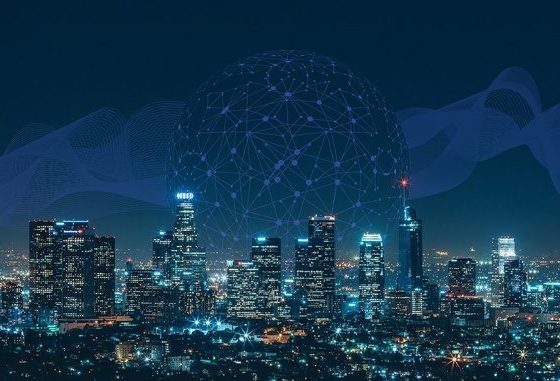We live in a single global-integral system, and it has a specific demand from us.
What is its demand?
It is that we adapt to its global-integral laws.
“If we do not learn the system’s laws, we will then feel increasing negative feedback from it, because the force of protection in the system will always prevail.”
The system we live in urges us to connect to it in a harmoniously-interdependent manner, like parts of an analog system.
We, on the contrary, act negatively to each other. We prioritize self-benefit over the benefit of others and the whole system.
Such an attitude is destructive.
It leads to a proliferation of exploitation, manipulation and abuse in our connections, and the depletion our planet’s resources. In other words, we currently want, think and act oppositely to the laws of the global-integral system we exist in.
Accordingly, we receive myriad negative responses from the system, all kinds of problems and crises on personal, social, economic and ecological scales: from increasing depression, stress, anxiety and loneliness through to various wars and other conflicts, and all the way through to ecological disasters and pandemics.
“The global-integral system we live in responds to our attitudes to it, i.e., to our attitudes to each other and to nature in general.”
The global-integral system we live in responds to our attitudes to it, i.e., to our attitudes to each other and to nature in general.
We can make of it whatever we like, but we will eventually have to learn how this system functions with total interconnection and interdependence among its parts, its integral laws, and reach the understanding of how to lead harmonious and peaceful lives while living in it.
If we do not learn the system’s laws, we will then feel increasing negative feedback from it, because the force of protection in the system will always prevail.











